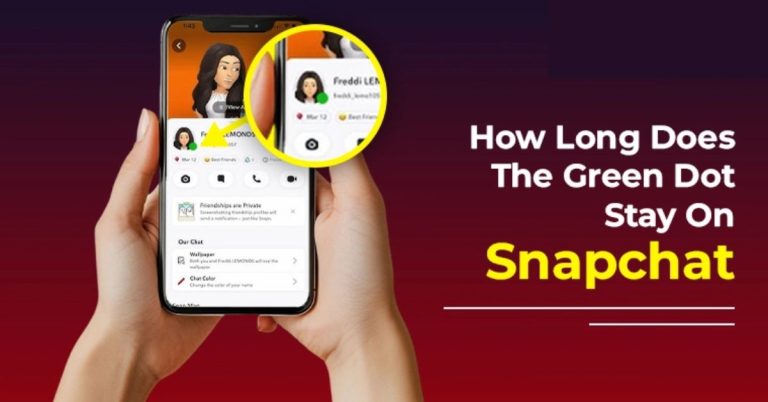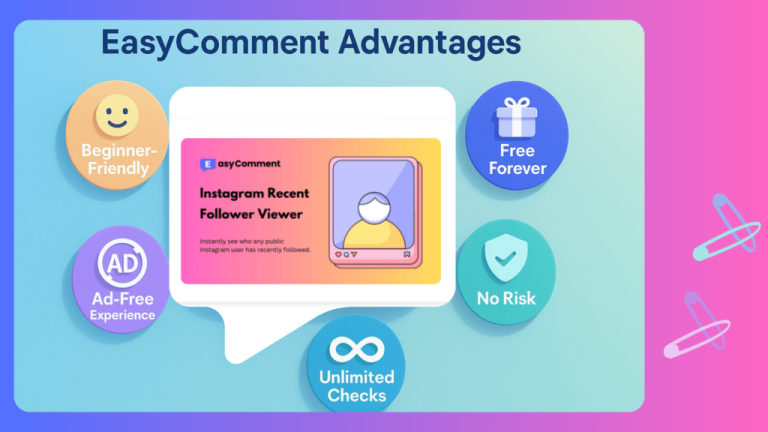How 24/7 Support Became a Core Feature of Online Casinos
What began as basic email assistance with 24-48 hour response times has transformed into sophisticated, multi-channel support systems operating around the clock. 94% of top-rated online casinos now offer 24/7 customer support – a dramatic increase from just 67% in 2020.
This evolution didn’t happen by chance. It emerged from necessity as the online gambling market expanded globally, reaching a valuation of $127.3 billion in 2025, with players across different time zones demanding immediate assistance regardless of when they play. Furthermore, as competition intensified, customer support became a key differentiator in a crowded marketplace.
Market Demands That Drove the 24/7 Support Revolution
The shift toward round-the-clock support at Royal Reels stemmed from several market forces converging simultaneously:
- Global player base expansion – With players from Tokyo to Toronto active on the same platforms
- Rising customer expectations – 83% of gamblers now expect resolution within 5 minutes for simple issues
- Increased mobile gambling – Mobile now accounts for 71.4% of online gambling activity in 2025
- Regulatory requirements – Many jurisdictions now mandate minimum support standards
The modern online casino player expects Amazon-level customer service, notes Maya Richardson, Customer Experience Director at GamblingInsights. When real money is involved, waiting until business hours for support isn’t acceptable anymore.
Multi-Channel Support Ecosystem
Today’s online casinos don’t just offer support 24/7 – they provide it across multiple channels simultaneously. This omnichannel approach creates a comprehensive support ecosystem.
Live Chat Dominance
Live chat has emerged as the preferred support channel, with the 2025 Player Preference Survey showing 68.7% of players selecting it as their first choice for resolving issues. The average wait time for live chat support at leading casinos has dropped to just 42 seconds, down from 3.2 minutes in 2022.
Voice Support Resurgence
While chat dominates, voice support has experienced an unexpected resurgence. In 2025, 41% of complex issues are still resolved via phone. This trend reflects the human touch needed for complicated problems, particularly those involving payment disputes or account verification.
AI and Chatbot Integration
Artificial intelligence has revolutionized front-line support. The latest generation of casino support chatbots can resolve up to 76% of common queries without human intervention. These AI systems handle everything from forgotten passwords to basic game rule explanations, freeing human agents to tackle more complex issues.
Business Impact of 24/7 Support
The investment in around-the-clock support infrastructure isn’t merely a service enhancement – it delivers measurable business results:
| Support Metric | Industry Average 2022 | Industry Average 2025 | Improvement |
| Player Retention Rate | 31.4% | 47.9% | +16.5% |
| First Contact Resolution | 64.3% | 82.1% | +17.8% |
| Average Resolution Time | 18 minutes | 7.3 minutes | -10.7 minutes |
| Customer Satisfaction Score | 72/100 | 86/100 | +14 points |
These improvements translate directly to the bottom line. Casinos with highest-rated support services report 31% higher average player lifetimes and 22% higher average deposits compared to operators with basic support offerings.
Key Support Technologies Enabling 24/7 Service
Several technological innovations have made comprehensive support more manageable and cost-effective:
- CRM Integration – 89% of top casinos now use unified customer relationship management systems that provide agents with complete player histories
- Predictive Analytics – Support systems that identify potential issues before players even contact support
- Video Support Options – 37% of premium casinos now offer video chat support for VIP players
- Multilingual AI Translation – Real-time translation supporting an average of 27 languages per casino
The technology investments required for world-class support are substantial, explains Dr. Aaron Kaminski, gaming technology analyst. However, our research shows operators typically recover these costs within 13-17 months through improved retention.
Regulatory Pressures and Compliance
Regulatory authorities have increasingly focused on customer support as a player protection mechanism. In 2025, 73% of regulated gambling jurisdictions now specify minimum support requirements, including:
- Maximum wait time standards
- Mandatory 24/7 availability for specific channels
- Required support for self-exclusion programs
- Compulsory responsible gambling trained staff
Consequently, casinos operating in multiple jurisdictions must maintain the highest support standards across their entire operation.
Future of Casino Support: 2025-2030
Looking forward, several trends are emerging that will shape casino support in the coming years:
Personalized Support Experiences
Support systems are increasingly tailored to individual player profiles. VIP players may receive priority routing, while players flagged for potential gambling problems are directed to specially trained agents. By 2026, an estimated 82% of major casinos will implement personalized support journeys.
Proactive Support Models
Rather than waiting for players to report issues, advanced analytics now enable proactive support. For example, if a player attempts the same game action repeatedly without success, the system may offer assistance automatically.
Community-Based Support Expansion
Peer-to-peer support communities, monitored by casino staff, are gaining popularity. These forums allow players to help each other with basic questions while building community engagement.
Conclusion
The transformation of customer support from a business expense to a core competitive advantage represents one of the online gambling industry’s most significant evolutions. As we move through 2025, 24/7 support isn’t merely an expectation – it’s the minimum standard for serious operators.
With continued technological advances and growing regulatory requirements, the gap between operators offering premium support and those providing basic service will likely widen further. For players, this trend promises continued improvements in service quality and responsiveness across the industry.






